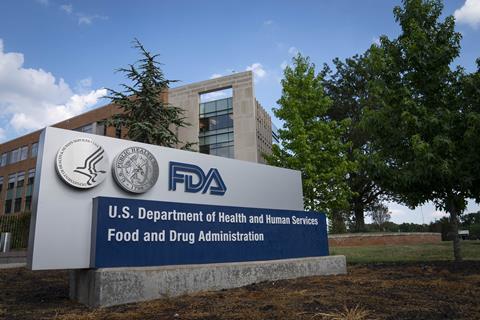
Psychedelic drugs have the potential to treat medical conditions such as depression and post-traumatic stress disorder if they are given the all-clear in upcoming clinical trials, approved by the FDA.
The FDA has released guidance to researchers on how to test psychedelic drugs, considering new drug application requirements and data collection, in clinical trials to test drugs for efficacy, toxicity and dosage.
“Sponsors evaluating the therapeutic potential of these drugs should consider their unique characteristics when designing clinical studies,” warned Tiffany Farchione, the Director of the Division of Psychiatry at the FDA.

Indeed, the long-term medical effects of these drugs are not yet fully understood, and there is scope for the drugs to be abused. Therefore, throughout the development of the drugs, scientists and researchers must carefully consider the potential harms that psychedelic drugs can cause.
The drugs to be trialled are ‘classic psychedelics’ including psilocybin and lysergic acid diethylamide. These act on the brain’s serotonin system which controls the human functions of mood, appetite and memory.
The process of trialling psychedelic drugs is the same as for other candidate drugs that have the ultimate potential to be sold on the market. However, the potential harms that psychedelic drugs present means that some of the processes must be altered to establish adequacy. And Drug Enforcement Administration regulatory requirements must be followed when investigating Schedule I controlled substances.
In the new guidance, the role of psychotherapy has been considered as well as how long the effects of the drugs will last. The FDA has also encouraged the public, to give their opinions on the guidance so that other potential uses of psychedelic drugs can be further understood.




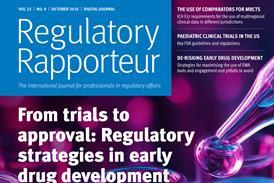






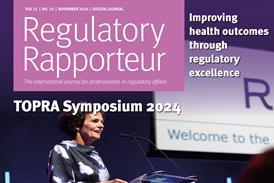
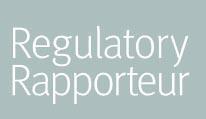










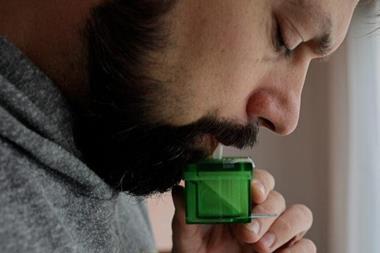
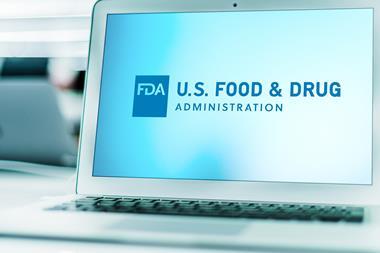

No comments yet